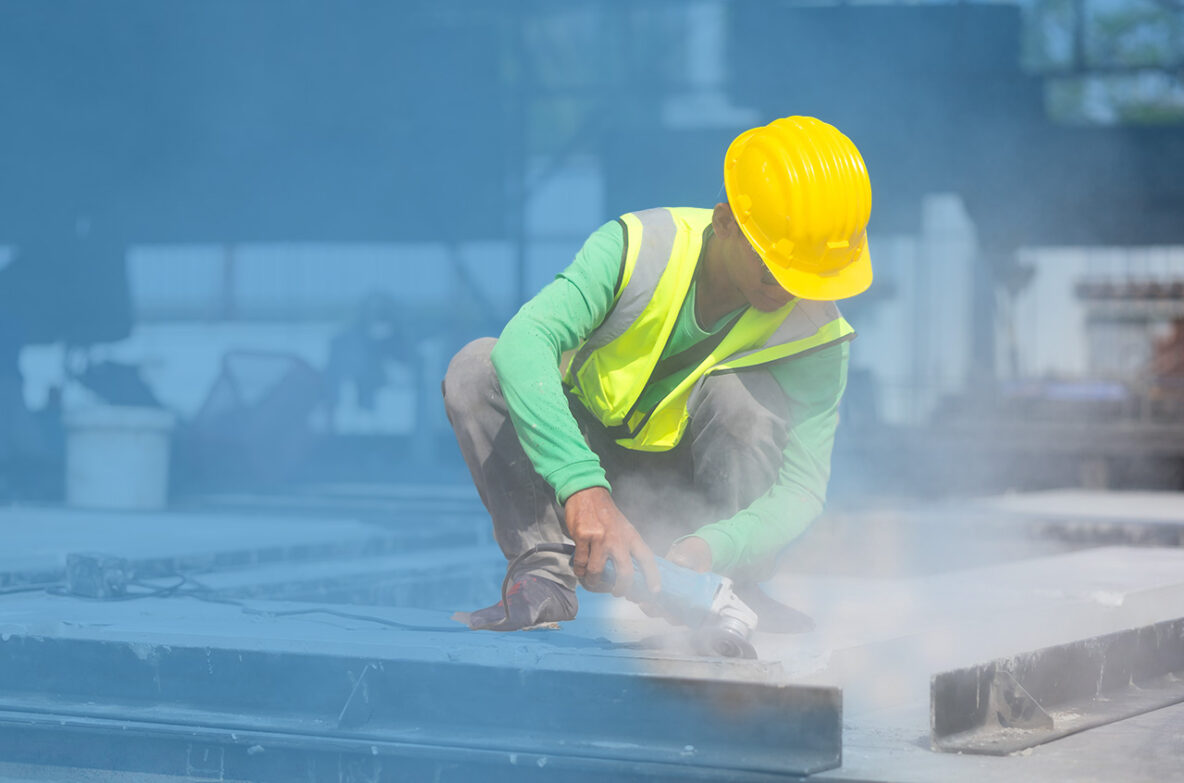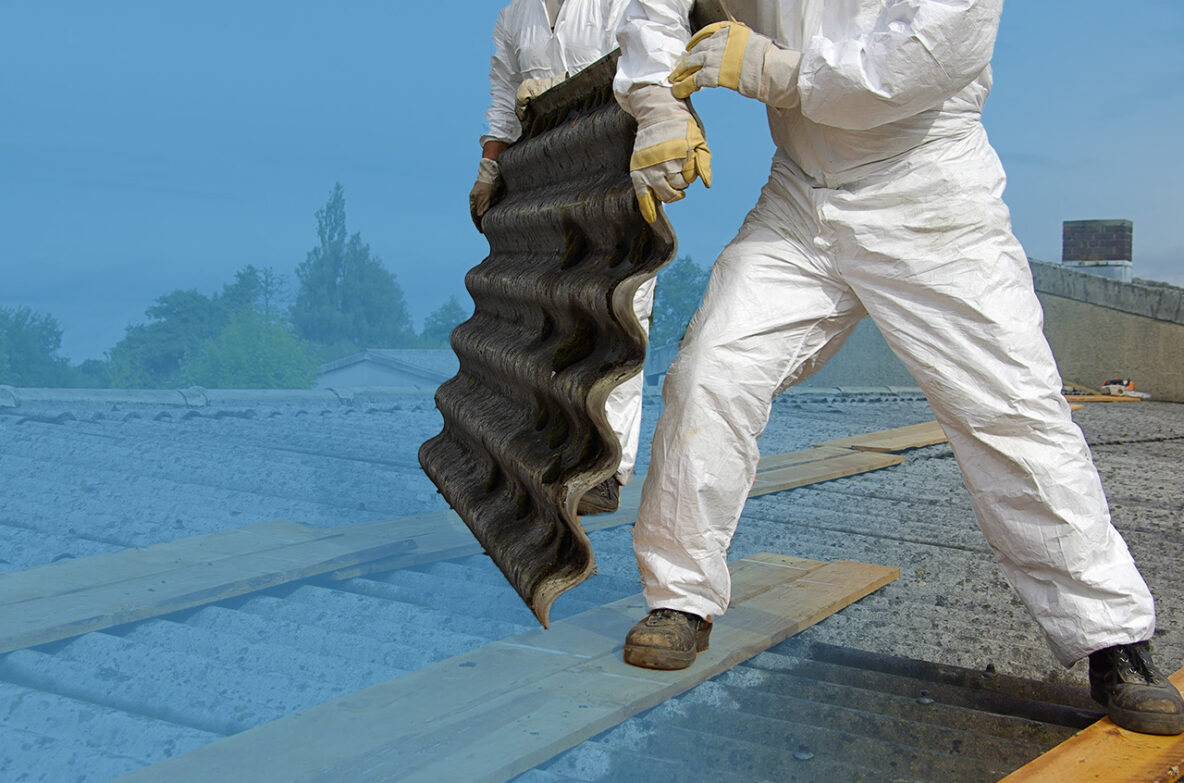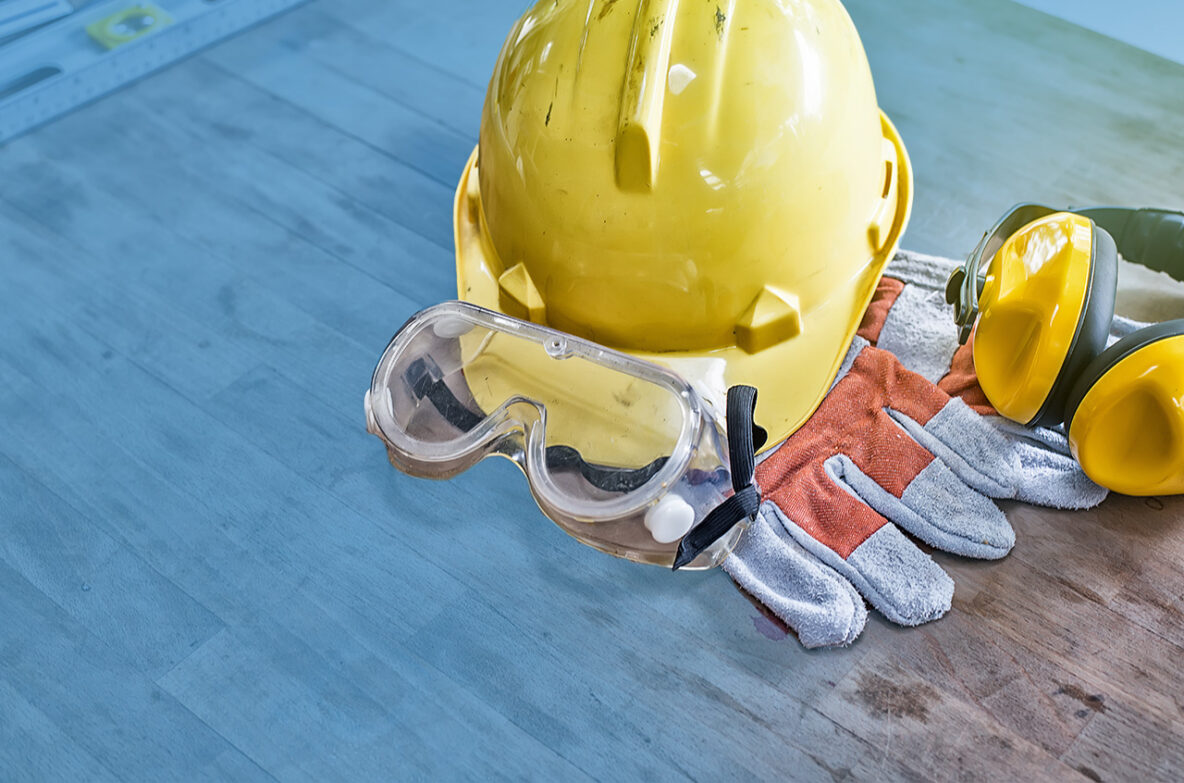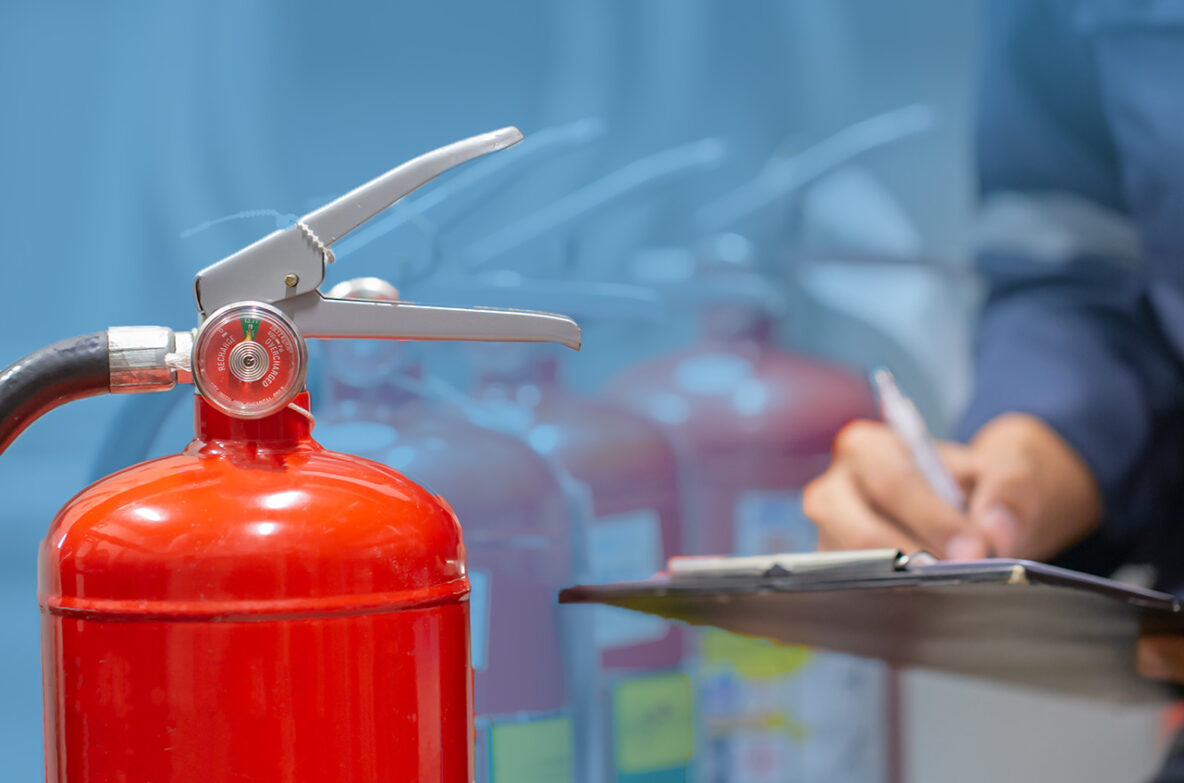Very small things can have particular properties that make them useful in all sorts of situations, including providing water-repellent coatings for glass and other materials, delivering medicines to specific tissues in the body, giving clothing anti-microbial properties to reduce or prevent odour and many other uses. What are nanomaterials? The term ‘nanomaterials’ typically refers to objects with surface dimensions of … Read More
Do you have a MEWP rescue plan?
Falls from height are one of the most common types of fatal accidents at work, in particular in construction and maintenance operations. A key factor in reducing the number of these accidents has been the use of Mobile Elevating Work Platforms (MEWPs). Common MEWP emergencies The use of MEWPs does not remove all risks associated with working at height, and … Read More
Changing the asbestos control regime
Over 25 years since the introduction of the final prohibitions on the supply of asbestos, it is estimated that asbestos-related diseases such as mesothelioma, lung cancer and asbestosis still account for around 5,000 deaths annually. Where asbestos is found? Asbestos can be found in any building constructed before 2000 and remains a risk in particular for people who may disturb … Read More
Lifting Equipment and Pressure Systems: A Call For Evidence
In March the Government announced a “new approach to ensure regulators and regulation support growth”, intending to review the regulatory system to ensure it supports growth, is targeted and proportionate, transparent and predictable and adapts to keep pace with innovation. Actions have been given to various regulatory bodies, including the HSE, who are due to consult on potential changes to … Read More
Making PPE Fit As Standard
The importance of providing suitable PPE Employers are required to provide employees with personal protective equipment (PPE) where risk assessment has identified that it is necessary to protect the person against risks to their health and safety. PPE should be provided as a “last resort” where the risk cannot be adequately controlled by other measures such as physically removing the … Read More
What To Do When It Isn’t Business As Usual
With floods, fires, IT failures, power outages, and global pandemics, any organisation can experience a serious incident which prevents it from continuing normal operations. Whatever the size of your organisation, the ability to respond quickly and decisively can make the difference between success and failure in returning to ‘business as usual’. Benefits of continuity planning Research has also shown that … Read More
HSE Inspections Find Serious Issues in Protecting Workers From Noise
Loud noises can cause sensitive cells in the inner ear to become overloaded, leading to temporary hearing loss. Prolonged or repeated exposure can cause permanent damage, leading to conditions such as irreversible hearing loss or tinnitus (a permanent sensation of ringing, whistling, buzzing or humming in the ears). Employers have a duty to protect workers from the effects of … Read More
Fire Fighting Foam Chemical Consultation Launched
Some fire extinguishers work by creating a blanket of foam over burning material, which smothers the flames and cools the material. Historically a group of chemicals known as Per‑ and PolyfluoroAlkyl Substances (PFAS) have been used in these foams, as they have been found to have good oil/water repellence and heat resistance. The term ‘PFAS’ covers a large number of … Read More
Mesothelioma Awareness
Inhaling asbestos fibres is known to be associated with cancers such as mesothelioma and lung cancer, and other serious lung diseases such as asbestosis and pleural thickening. Mesothelioma is almost exclusively associated with exposure to asbestos and is estimated to be responsible for 20% of deaths in the UK related to occupational lung disease. A further 20% of deaths are … Read More
HSE Launches Consultation on Chemical Legislation
A new consultation has been launched by the HSE seeking opinions on proposed changes to the HSE’s chemicals policy, in particular on biocides, classification, labelling and packaging, and the export and import of hazardous chemicals (Prior Informed Consent). Generally, the changes proposed are aimed at reducing costs and administrative burdens for businesses and improving the post-Brexit regulatory framework while maintaining … Read More








